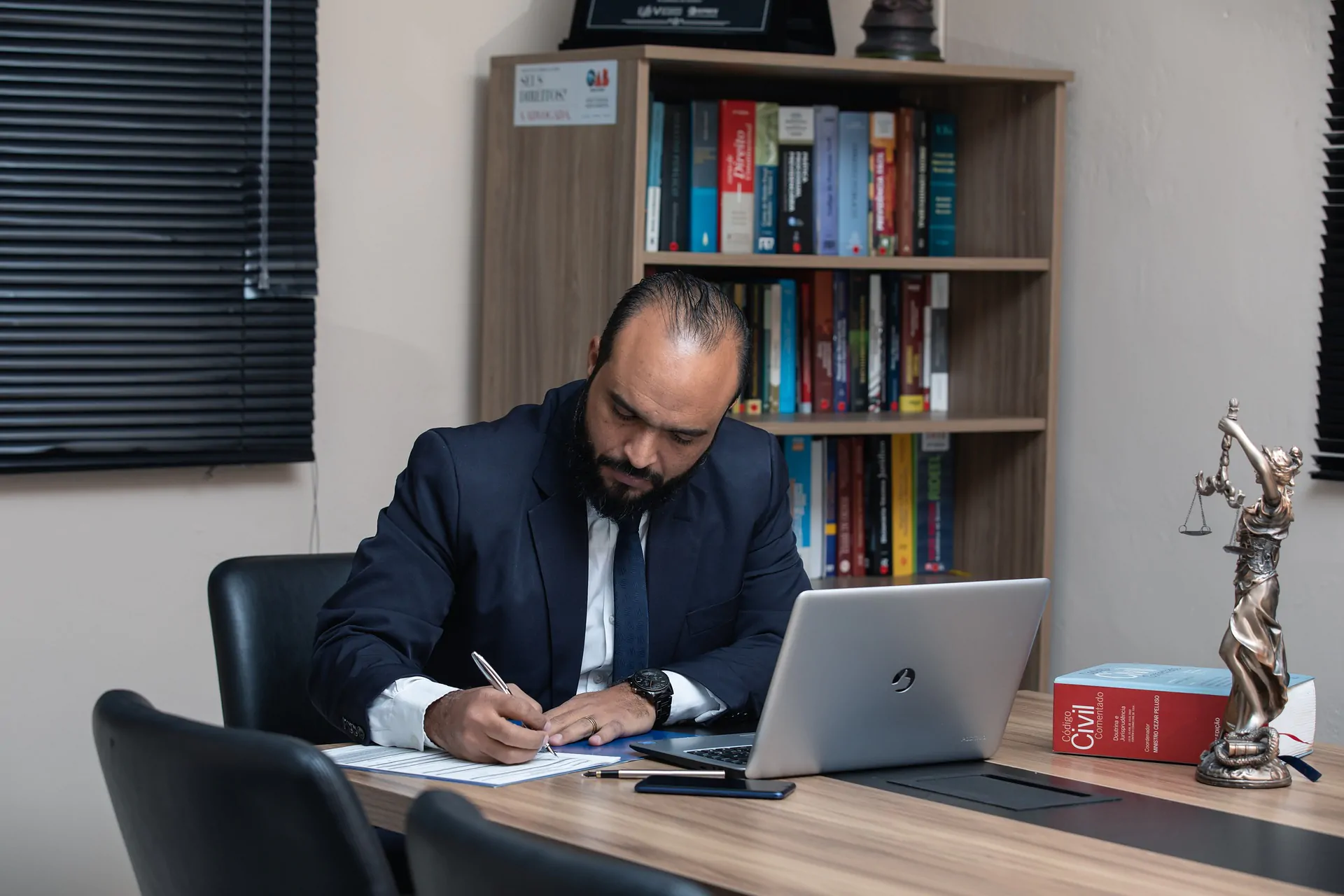Effective Defense Strategies Employed by Federal White-Collar Crime Lawyers

Introduction
Federal white-collar crime lawyers play a crucial role in defending individuals or entities accused of complex financial crimes at the federal level. These legal professionals specialize in navigating the intricate world of white-collar offenses, such as fraud, embezzlement, insider trading, money laundering, and tax evasion. To effectively represent their clients and secure favorable outcomes, federal white-collar crime lawyers employ a range of strategic approaches. In this article, we will explore some of the most effective defense strategies utilized by these legal experts, highlighting their significance in ensuring a fair and just legal process.
I. Thorough Investigation and Case Analysis
Before formulating an effective defense strategy, federal white-collar crime lawyers conduct a thorough investigation and analysis of the case. This involves scrutinizing all available evidence, such as financial records, documents, emails, and witness testimonies. By meticulously examining the facts, lawyers can identify potential weaknesses in the prosecution’s case, uncover exculpatory evidence, and develop a comprehensive understanding of the legal issues at hand. This preliminary step is crucial in building a solid defense foundation.
II. Building Credible Expert Networks
White-collar crimes often involve complex financial transactions and intricate legal frameworks. To effectively counter the prosecution’s arguments and present a strong defense, federal white collar crime lawyers establish networks of credible experts. These experts may include forensic accountants, financial analysts, tax specialists, and industry professionals who can provide invaluable insights into the technical aspects of the case. By leveraging the expertise of these professionals, lawyers can challenge the prosecution’s evidence and present alternative interpretations, strengthening their clients’ defense.
III. Challenging the Government’s Evidence
One of the key defense strategies employed by federal white-collar crime lawyers is to vigorously challenge the government’s evidence. This involves scrutinizing the methods used to gather evidence, examining the chain of custody, and questioning the credibility of witnesses. Lawyers may argue that the evidence was obtained unlawfully or that it lacks reliability and relevance. By effectively challenging the government’s evidence, lawyers can create reasonable doubt in the minds of the jurors, weakening the prosecution’s case.
IV. Developing Effective Negotiation Skills
In many white-collar crime cases, negotiation plays a pivotal role in achieving favorable outcomes. Federal white-collar crime lawyers possess exceptional negotiation skills, which they use to engage in plea bargains and pre-trial negotiations with prosecutors. Through skillful negotiation, lawyers aim to secure reduced charges, lighter sentences, or alternative resolutions for their clients. This approach can be particularly advantageous when the evidence against the accused is substantial, as it offers a chance to mitigate potential consequences.
V. Crafting Persuasive Trial Strategies
In cases that proceed to trial, federal white-collar crime lawyers meticulously craft persuasive trial strategies to present their clients’ defense. They analyze the strengths and weaknesses of their case, develop a cohesive narrative, and strategically present evidence and witness testimonies to support their arguments. Lawyers employ effective cross-examination techniques to challenge the prosecution’s witnesses and undermine their credibility. By presenting a strong and coherent defense, attorneys increase the likelihood of a favorable verdict.
VI. Raising Constitutional and Procedural Issues
Federal white-collar crime lawyers are well-versed in constitutional and procedural law, allowing them to identify potential violations that may occur during the investigation, arrest, or trial process. They thoroughly review all aspects of the case to ensure that their clients’ rights were not violated. If any constitutional or procedural issues arise, lawyers can file motions to suppress evidence or dismiss charges, safeguarding their clients’ rights and strengthening their defense.
Conclusion
Federal white-collar crime lawyers play a crucial role in defending individuals and entities accused of complex financial crimes. Through a thorough investigation, building credible expert networks, challenging the government’s evidence, developing effective negotiation skills, crafting persuasive trial strategies, and raising constitutional and procedural issues, these legal professionals employ a comprehensive range of defense strategies. By utilizing these strategies, federal white-collar crime lawyers strive to ensure a fair and just legal process for their clients.





